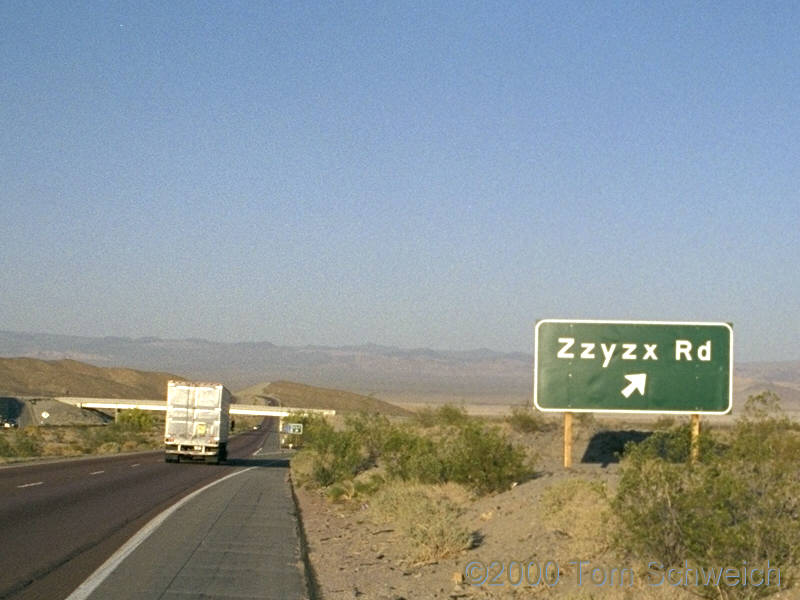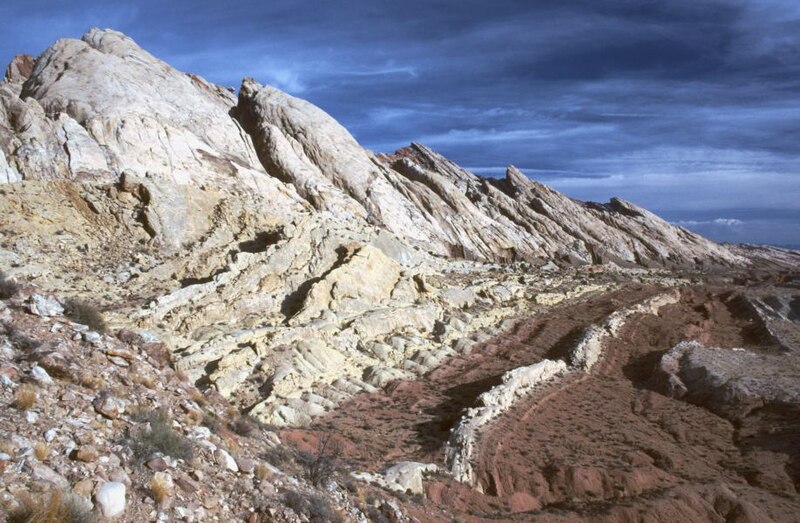 |
| Map of Guadalupe River System from silichip.org |
San Jose, California is fairly progressive in preserving the riparian areas around the local creeks and rivers. The Guadalupe River is a good example. It flows from the north end of Lake Almaden in South San Jose and into the San Francisco Bay at the Alviso slough. Much of the river's length is left in its semi-wild state, providing habitat to a diverse array of animals, including opossums, raccoons, otters, beavers and trout, and it is followed by a paved, two-way trail for bicycles, walkers and runners (as well as a skateboard here and there, and even a wiggle board or two). We took a 4.5 mile stroll along the Guadalupe, and we returned with much fodder for this blog.
The most obvious etymology to start with here is that of
riparian.
Ripa is classical Latin for "river bank" and is cognate with English
river. So
riparian is "of or related to the river bank." There is also the cognate
riverine.
Riparian dates from only 1810 in the written record, and
riverine came a bit later. We find
riverain, too, which came the French route to English - it was originally a person who lived on the banks of a river. It's the oldest of this group (not including
river) and dates to the late 17th century in French.
 |
| Guadalupe River riparian area in San Jose from rhorii.org |
Another interesting word related to our walk is
slough. In the U.S. we pronounce it "slew" (and sometimes spell it that way) but in the U.K. it is, of course, pronounced "slau". The meanings are slightly different between the U.S. and U.K., as well. In the U.S. a
slough is a marshy or reedy pool, pond, small lake, backwater or inlet, or a seasonally dry channel, while in the U.K. it is soft or muddy ground, or a mire. However, the basic idea of "wet" runs through both meanings. It was
slóhin Old English, but beyond that it's a bit of a mystery. The OED suggests that it may be related to
slonk, which has cognates in other Germanic languages and means "a wet hollow in the road or ground." There is, of course, the town of Slough in England, made unhappily infamous by
Betjeman's notorious poem. It was so named as it was located in a miry area. In 1195 it was
Slo.
 |
| From openspacetrust.org |
We saw some wildlife on the walk, including many Canada geese. Note that some speakers hypercorrect that to
Canadian, but the proper term is
Canada geese. We also saw squirrels. These busy fellows are apparently named for their plume-like tails, for their name derives ultimately from Greek words that mean "shade tail". The word came to English from Anglo-Norman
esquirel (écureuil in modern French)
. There are cognates in Provençal and Spanish, almost guaranteeing a Latin ancestor, and indeed it does derive from Latin
(e)scurellus, the diminutive form of
scurius, a metathetic form of
sciurus, formed from Greek
skiouros (σκίουρος), a compound of
skia and
oura, "shade" and "tail," respectively (for the latter, cf.
ouroboros). In
squirrel we find yet another word that separates U.S. speakers from those in the U.K.: in the U.S. it is pronounced "skwerl" (one syllable) while in the U.K. it is "SQUI-rull"(two syllables).
We close where we began - with the Guadalupe River.
Guadalupe is a curious word, and it is also
 |
| Squirrel, from quintessentialruminations.wordpress.com |
macaronic, which may add to its curiousness - it is derived from two words from different languages. The
guada element is from Arabic
guadi (we know it today as
wadi; in Spanish, the
g is silent) - "dry river bed." The second element is from Latin
lupus "wolf." The combination means "wolf river bed". Anyone who lives in coyote country is probably familiar with coyotes (wolf-like animals) yipping as they run up and down dry river beds - these beds make excellent animal roadways, and perhaps this is the sense originally conveyed by
Guadalupe. The word is a place name in Spain, and the Spanish place name is likely the source of the name
Our Lady of Guadalupe (
Nuestra Señora de Guadalupe) of Mexico (though some theorize the name in Mexico came from an Indian word). The river in San Jose was named
Rio de Nuestra Señora de Guadalupe by the
De Anza expedition in 1776. Our Lady of Guadalupe was the party's patron saint. Nuestra Señora de Guadalupe is also the source of the popular Mexican personal names
Guadalupe and
Lupe.












